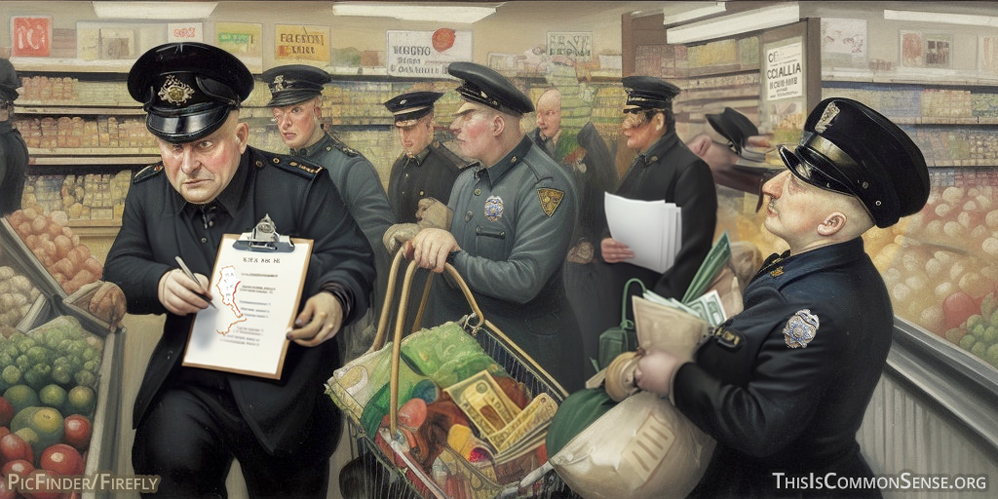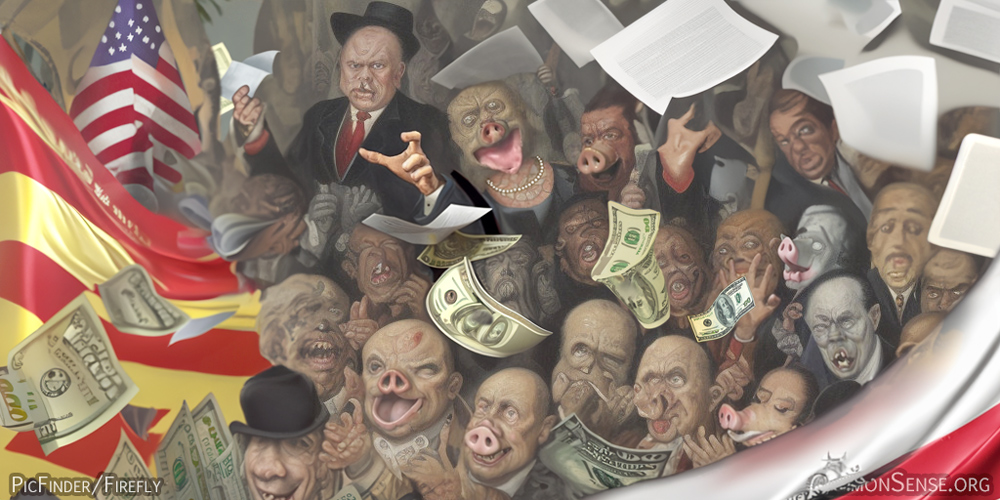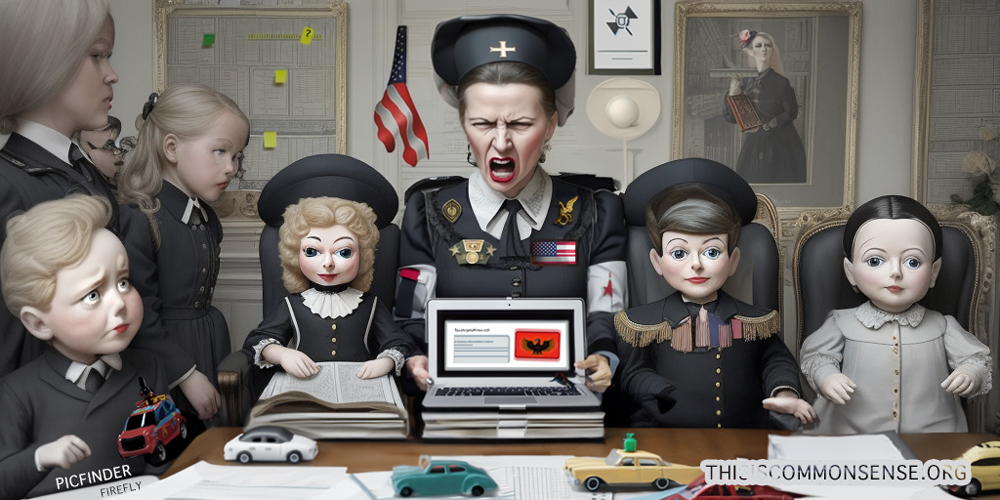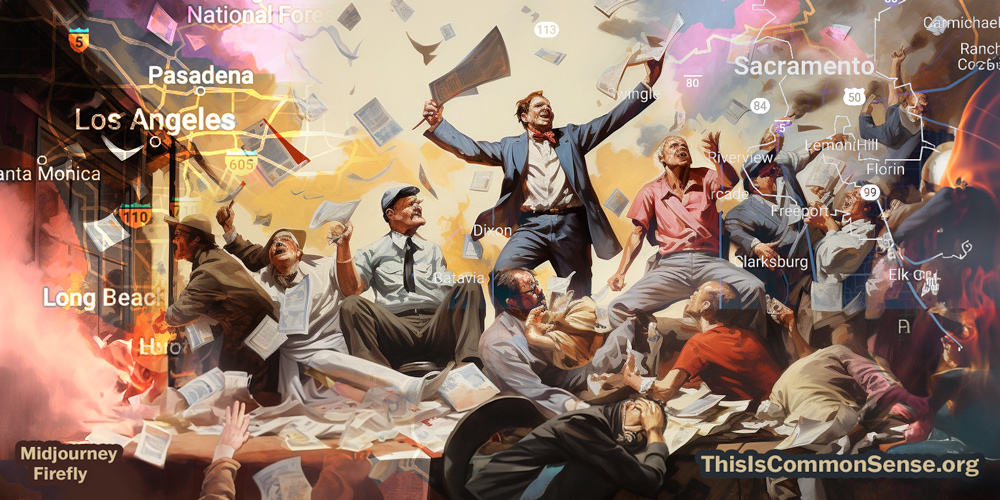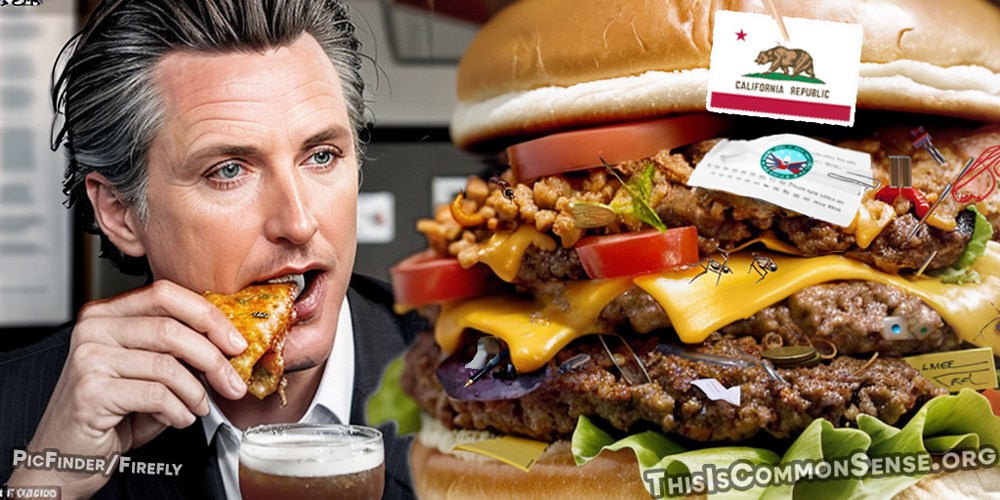How to sue supermarkets for shutting down:
One. Move to San Francisco.
Two. Support a proposed ordinance “amending the Police Code to require large supermarkets to provide six months notice to their customers and the City before permanently closing, and to explore ways to allow for the continued sale of groceries at the location.”
Three. If the ordinance passes, wait for a large supermarket to go out of business without having known six months in advance that it would need
Four. Sue.
That the proposed law would amend the police code is perversely apt. The idea is use the state’s police power to penalize ending an activity that as a free man, not a slave, you have no obligation to continue.
Ending any project may inconvenience people who benefit from what you’re doing. But unless you are bound by contract, these other people have no right to your further efforts.
Not for six months, not for six seconds.
The San Francisco ordinance would exempt supermarkets that must close because of a natural disaster or other circumstance not “reasonable foreseeable.” These exemptions don’t solve the problems that the ordinance could cause for innocent businessmen. As Reason magazine notes, any stores that closes “without providing the proper notice” could still be sued for damages, supposedly exempted or not.
In the 1980s, when this notion was originally proposed (unsuccessfully), supermarket executives argued that making it harder for them to shut down would also discourage them from opening a store to begin with.
True. But that’s just common sense.
I’m Paul Jacob.
Illustration created with PicFinder and Firefly
—
See all recent commentary
(simplified and organized)
